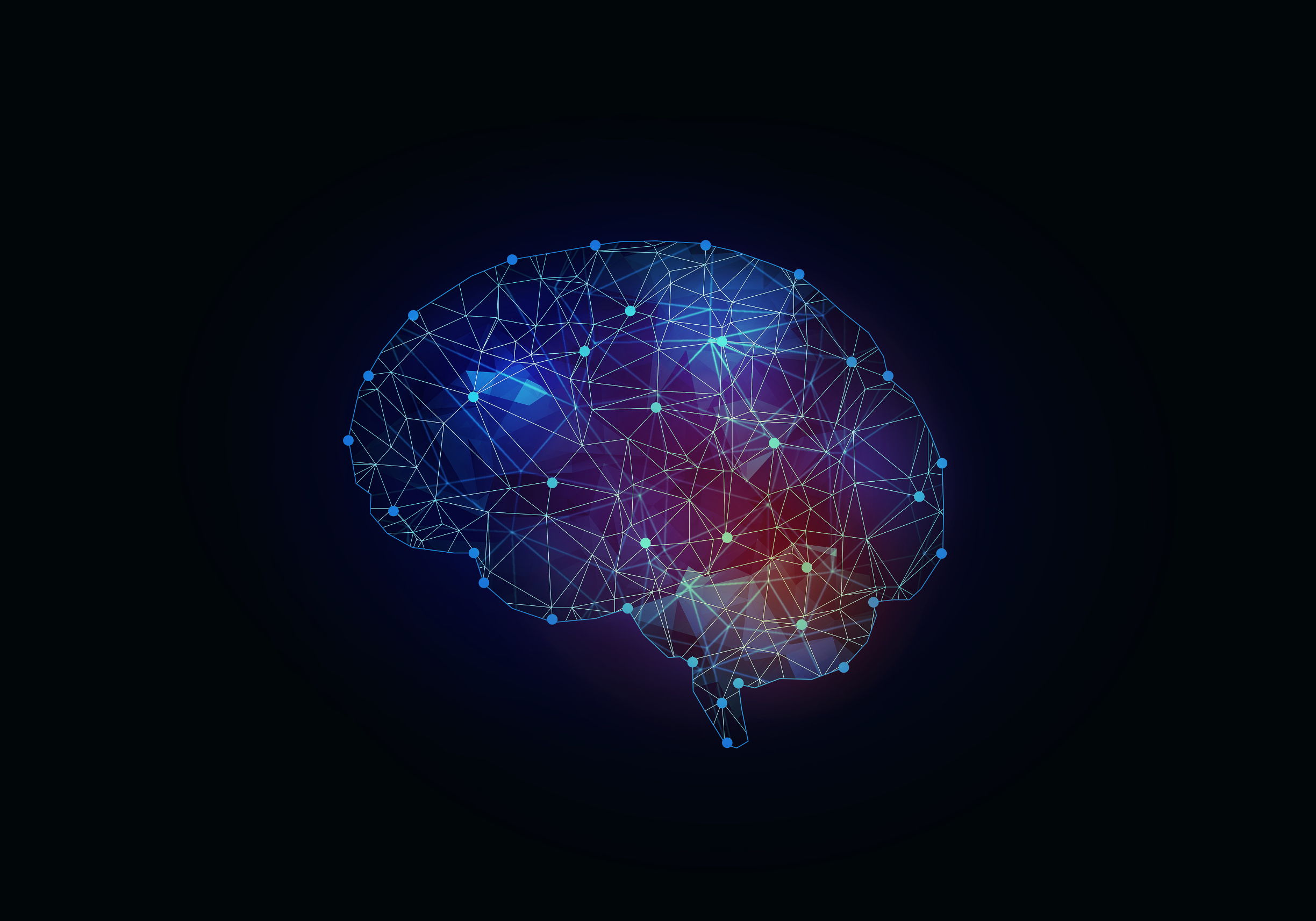
Scientists map the mysteries of the brain in more detail than ever before
Google researchers revealed a wonderfully precise map of a portion of the human brain, marking a significant step forward in neuroscience. This astonishing feat, published in the journal Science and available online, provides unique insights into the complex architecture of brain cells, Read More...

Largest study on schizophrenia reveals genetic secrets
According to the World Health Organization (WHO), schizophrenia is a psychiatric disorder that impacts one in 300 people globally. The condition mainly starts to appear in late adolescence and early adulthood, causing a wide range of symptoms like delusions, hallucinations, abnormal motor behavior, Read More...

How does LSD help an anxious brain?
Here at The Optimist Daily, we’ve commonly discussed how psychedelics potentially treat mental illnesses. With their power to alter our brains in miraculous ways, researchers are racing to understand their power. Scientists don’t fully understand the human brain itself yet, therefore lots of Read More...

There are special regions for singing in the brain
Music is a magical thing. There are many proven benefits to the power of music, from its synchronizing power to create bonds with the people around you, to allowing autistic children to communicate their emotions, and even easing menopause. What's going on in our heads when we listen to music is Read More...

Zebrafish brains reveal new information about our memories
It seems like we're writing about fish a whole lot lately! Last week, we featured an article about goldfish learning to drive. This week, zebrafish, a species studied for their relatively long lifespans, are helping us understand how memories are made! Let's talk synapses! Signals in the brain Read More...

3 ways that exercise changes the very structure of the brain
You probably know that exercise boosts brain function, but did you know that exercise can literally change the structure of our brains? Although these structural changes may not be visible to us, they can help us protect and preserve brain health and function throughout our Read More...

Wow: Scientists created a 3D heart model that shows the heart’s neurons
Everyone knows that the heart’s critical role is circulating oxygen and blood throughout the body — a role that is maintained in the brain through a network of nerves between the brain and the heart. Damage to those nerves could cause a heart attack, heart disease, or even death. But what Read More...

New discovery could lead to medicine that enables the brain to heal itself
Most cells in the body can patch up damage by dividing to create new versions of themselves. But the neurons in our brain lack this ability, so once they're damaged through illness or injury, there's not much that can be done. Worse still, in an overzealous attempt to protect the injured site, Read More...


